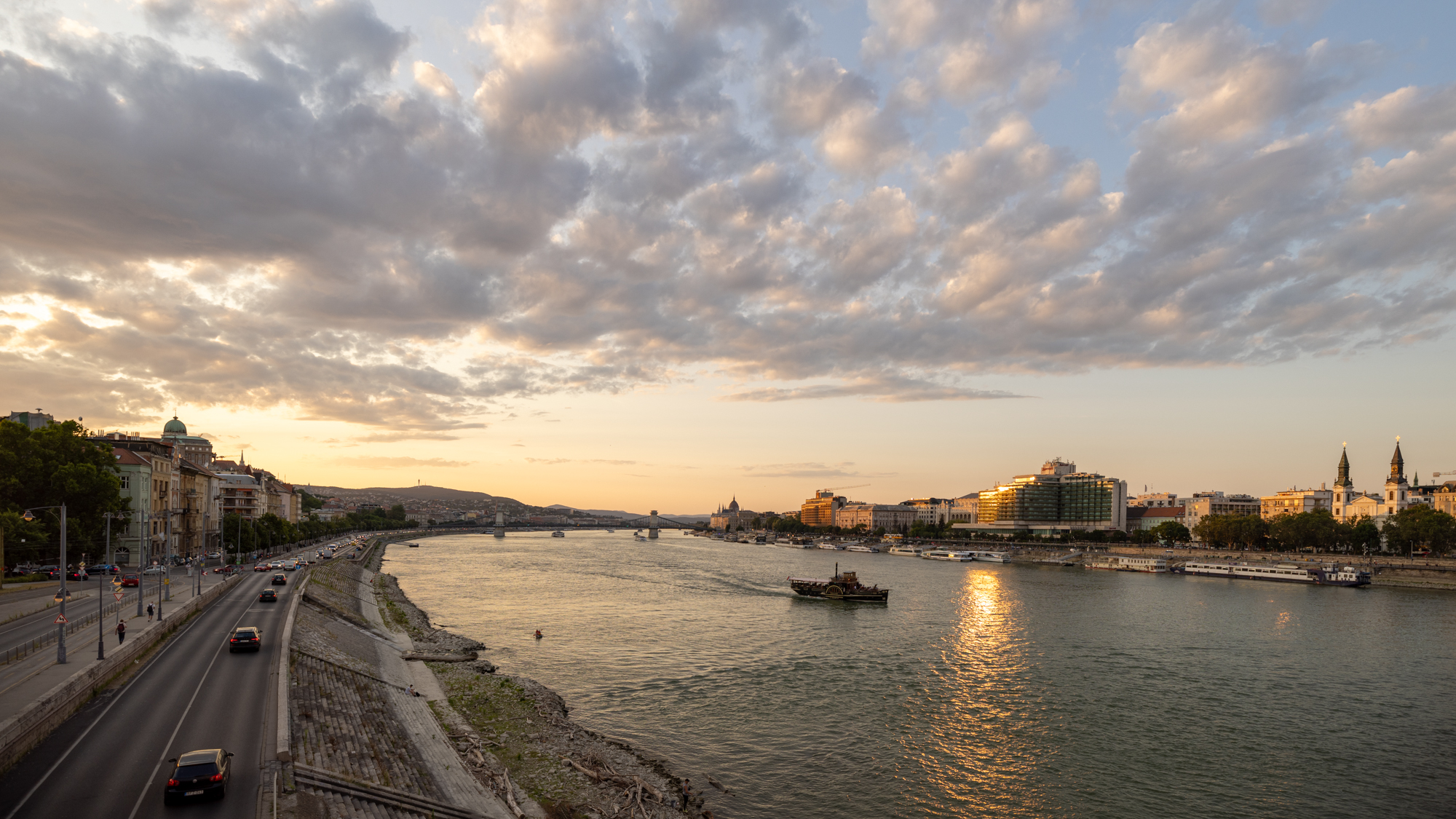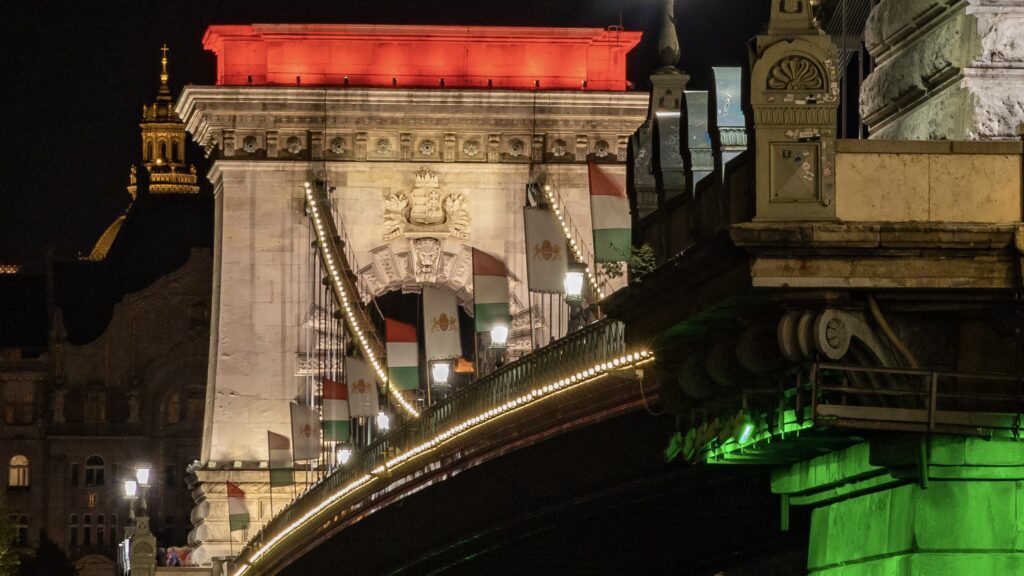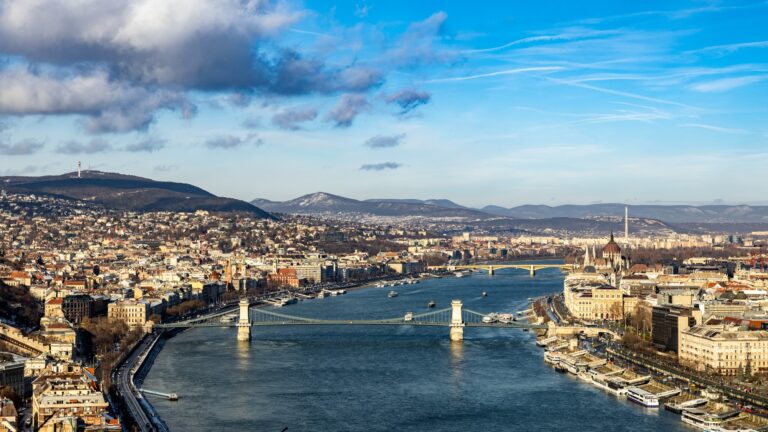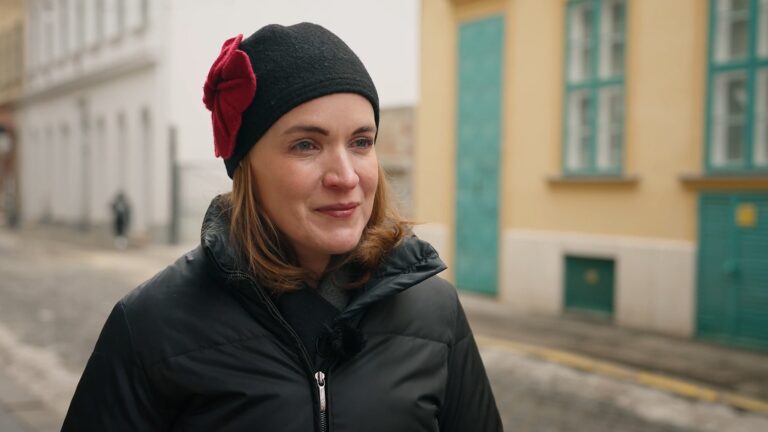Budapest’s cobblestone streets hum with a quiet order, a stark contrast to the chaotic energy of Portland, Oregon, where I lived for 17 plus years. Here in Budapest, I can walk alone at night, camera in hand, without the unease that shadowed my evenings in Portland, where screams from the homeless often punctuated the air. In Hungary, even the homeless seem less volatile, fewer in number, and rarely confrontational. As a filmmaker documenting immigration’s impact on Europe, I find Budapest’s safety and openness a refreshing canvas for storytelling—one that lets me explore Hungary’s strict immigration policies without the ideological minefield I faced back home.

My current documentary project focuses on Hungary’s approach to immigration, especially since the immigration crisis in 2015, a topic that ignites fierce debate across Europe. As someone who is politically homeless, I have no interest in producing propaganda for any government or its leader. But I do believe Hungary’s policies—particularly its border fence and stringent asylum processes—offer a compelling case study in slowing mass immigration, especially from Islamic-majority countries. This isn’t about race; it’s about values. I’ve spoken to a number of ex-Muslims from Arab countries who embrace Enlightenment principles—liberty, reason, tolerance, and integration—and they share my concern: unchecked migration can erode cultural cohesion and increase crime when values clash.

Walking around Keleti Station, I’ve filmed impromptu interviews with locals who speak candidly about immigration. Unlike in Portland, where progressives often shunned me, accusing my documentaries of ‘causing real harm’, Hungarians seem more open to dialogue. What I’ve learned so far is that Hungary’s system, though imperfect, prioritizes scrutiny. Many migrants, I’ve learned, chose to burn their passports back in 2015 to obscure their origins, complicating asylum assessments. This practice fuels skepticism, especially ten years after the crisis, when some migrants passing through Hungary later committed terrorist acts in Western Europe.
‘I’ve spoken to a number of ex-Muslims who…share my concern: unchecked migration can erode cultural cohesion and increase crime when values clash’

I had the pleasure of interviewing both Ayaan Hirsi Ali and Douglas Murray for a docuseries on Wokeness, and they’ve also both written eloquently about the issues of mass immigration. Hirsi Ali’s book, Prey, lays bare the consequences of lax immigration policies. She documents how mass migration from Islamic-majority countries has correlated with spikes in rapes and violent crime across Europe—patterns Hungary has largely avoided. Similarly, Douglas Murray’s The Strange Death of Europe, published nearly a decade ago, warned that unchecked immigration could destabilize Western societies. Hungary, with its border controls, seems to be in alignment with both authors’ concerns. Crime rates here remain low, and locals, including Jewish communities, report feeling safer than in some Western European cities where cultural tensions have escalated. It’s important to note that Islam isn’t a race, and my concern isn’t about ethnicity but about belief systems that reject classical liberal values—values I’ve seen ex-Muslims (like Hirsi Ali) embrace with clarity.

Filming in Budapest has been eye-opening. In Portland, my documentaries on woke culture and trans issues led to blacklisting; colleagues called me racist and transphobic for questioning progressive orthodoxy. Here, the film industry feels less ideologically charged. One Hungarian crew member initially hesitated to join my project, wary of its political implications. After seeing my approach, his concerns evaporated. This pragmatism is rare in Portland, where ideology often trumps professionalism. Thus far, Budapest’s film community has allowed me to focus on storytelling—capturing the human side of immigration debates without fear of reproach.
‘It’s important to note that Islam isn’t a race, and my concern isn’t about ethnicity but about belief systems that reject classical liberal values’
Hungary’s approach isn’t flawless. A balanced approach would refine this process, ensuring genuine asylum seekers—those fleeing persecution, not economic hardship—are vetted thoroughly but fairly. Hungary could lead by example, showing how to protect national identity while offering refuge to those truly in need, like those immigrating from Ukraine.

The stakes are high. Mass immigration, particularly of low-skill migrants with divergent values, risks cultural erosion and public safety. In Portland, I saw how unchecked homelessness and crime strained the city’s fabric. Budapest, by contrast, feels like a ‘city that works’ (despite that actually being Portland’s tagline)—its streets are clean and its people are approachable. If Hungary opened its borders indiscriminately, could it maintain this stability? Many locals fear that an influx of low-skill migrants could swell the homeless population, as seen in Western cities. Other locals feel that the immigration policies are too strict. Time will tell who is right.
‘In Portland, I saw how unchecked homelessness and crime strained the city’s fabric’
Through my lens, Hungary’s story is one of cautious pragmatism. It’s not about exclusion but preservation—cultural, social, and economic. As I edit footage in my Budapest apartment, the city’s calm outside my window mirrors the clarity I seek in my film: a narrative that questions open-border ideals without dismissing compassion. Hungary’s border isn’t just a fence; it’s a statement about balancing sovereignty with humanity. My documentary aims to capture that tension, and Budapest has given me the freedom to tell it.
Related articles:







